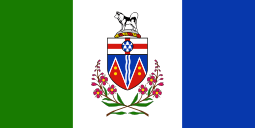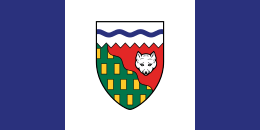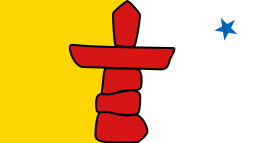Executive Council (Canada)
Executive councils in the provinces of Canada are constitutional organs headed by the lieutenant governor and composed of the ministers in office. The executive branch of the Canadian federal government is not called an executive council; instead, executive power is exercised by the Canadian Cabinet who are always members of the Queen's Privy Council for Canada.
A Council's informal but functioning form is the Cabinet, headed by a provincial premier, who holds de facto power over the body. The Executive Council in Canadian provinces is composed only of ministers in office, and is the official body by which the Cabinet's constitutional advice is given to the lieutenant governor. That is, it serves the same function provincially as the Privy Council does federally except that the Executive Council does not have the ceremonial role of directly advising the Queen, proclaiming her successors, or assenting to some royal marriages.
These are the:
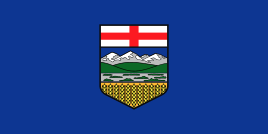
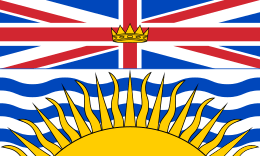
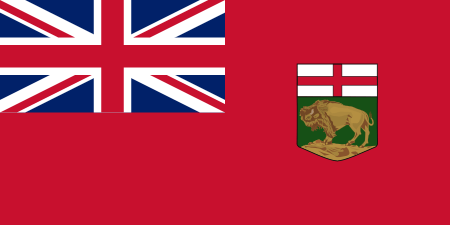
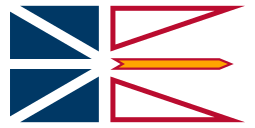
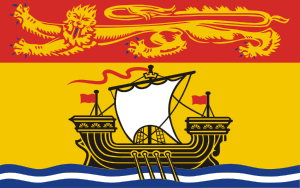
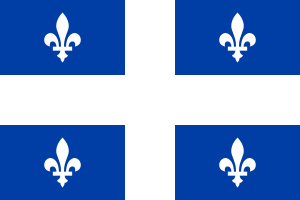
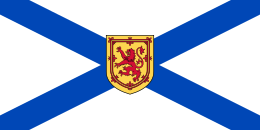
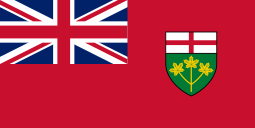
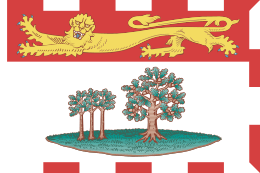
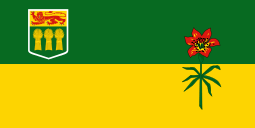
In the territories
Canadian territories also have councils. These are the:
